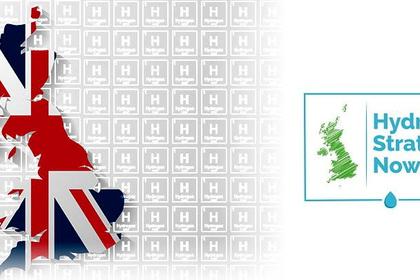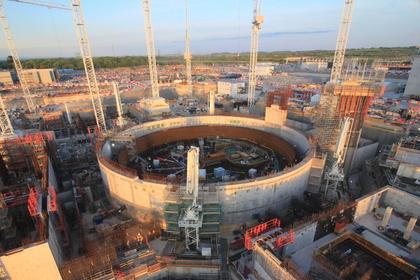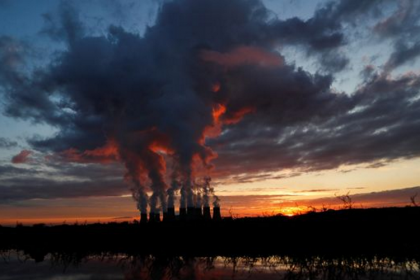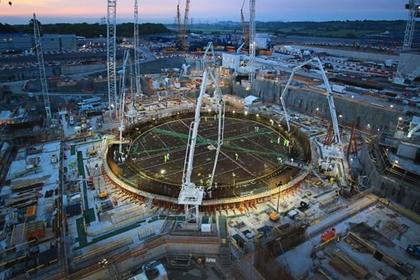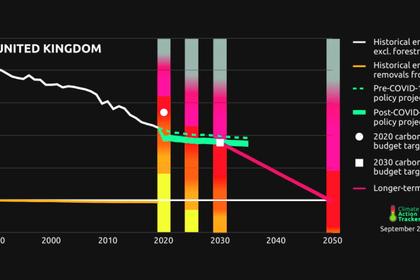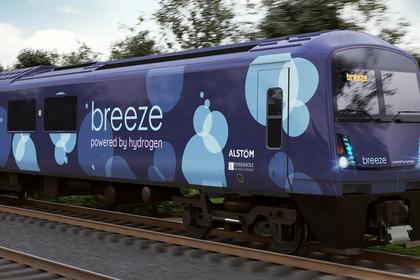
BRITAIN, IAEA NUCLEAR PARTNERSHIP
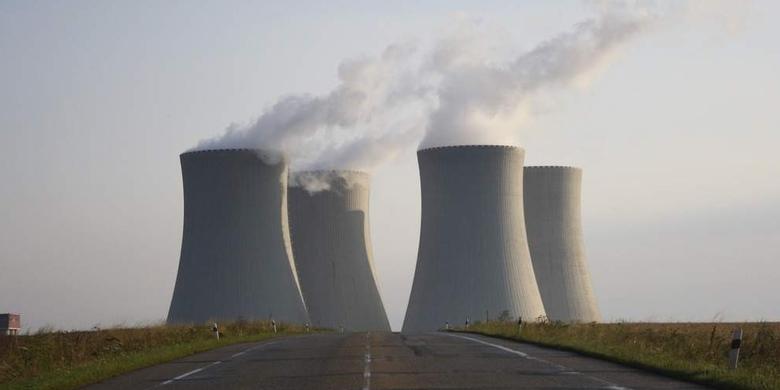
IAEA - MAY 25 2021 - The United Kingdom is a steadfast partner of the IAEA in advancing nuclear safeguards and the use of peaceful nuclear applications globally, IAEA Director General Rafael Mariano Grossi told his hosts in London today. Main topics discussed during his two-day visit include the role of nuclear technologies in combatting climate change and ongoing challenges to the global nuclear non-proliferation regime.
At his meeting with the Foreign, Commonwealth and Development Secretary Dominic Raab on Tuesday afternoon, Mr Grossi thanked the UK – which will host this year’s global climate summit in November – for its leadership in upcoming climate negotiations and for its support to the IAEA nuclear application laboratories in Seibersdorf, Austria.
Earlier this month, the UK government announced it would contribute GBP 1.5 million (EUR 1.7 million) to the upcoming phase of the renovation of the laboratories. This will help in modernizing and better equipping IAEA laboratories that conduct research on human and zoonotic diseases, cancer treatment and adapting to climate change through smart agriculture.
“Without the generous support of countries like the UK, the IAEA would be hard-pressed to carry out its wide mandate in promoting the peaceful, safe and secure use of nuclear technologies worldwide,” Mr Grossi said.
Mr Grossi and Mr Raab discussed a range of global issues, including nuclear safeguards and the JCPOA — the Joint Comprehensive Plan of Action agreement commonly referred to as the ‘Iran nuclear deal’. Yesterday, Mr Grossi announced that he had agreed with Iran to extend by one month the necessary verification and monitoring activities carried out by the Agency in the country, while negotiations between the parties to the JCPOA continue.
A climate of change
In November, the UK will host the United Nations’ annual climate conference, COP26, in Glasgow — the first in two years after 2020’s event was postponed due to the COVID-19 pandemic. Gathering leaders from around the world, the UK is calling for countries to commit to stronger concrete action from countries to limit global warming to below 1.5°C compared to pre-industrial levels. The UK has already committed to achieve net zero greenhouse gas emissions by 2050.
In his meeting with Minister of State for Business, Energy and Clean Growth, Anne-Marie Trevelyan, Mr Grossi talked about the importance of nuclear energy in achieving that goal.
In the UK today, nuclear energy generates roughly 20% of the country’s electricity, but almost half of current capacity is to be retired by 2025. This could be replaced by new capacity: in November 2020, Prime Minister Boris Johnson laid out a Ten Point Plan for green industrialisation and economic revitalisation that includes the use of advanced nuclear power such as advanced and small modular reactors.
“The IAEA stands ready to support the UK in sharing global best practices and experience with the introduction and regulation of advanced reactors,” Mr Grossi said.
Grossi also met with the Youth Generation Network Roundtable, organised by the UK Nuclear Institute, to discuss why net zero climate targets need nuclear energy, and how the IAEA supports countries in the integration of nuclear energy in their climate plans. The UK supports the IAEA’s youth and gender activities, and in March announced it was committing almost EUR 500,000 to the Marie Sklodowska-Curie Fellowship Programme, which annually awards 100 young women with scholarships to pursue master’s degree programmes in nuclear science and technology, nuclear safety and security or non-proliferation studies at accredited universities.
“In order to live up to its potential, the nuclear sector needs more young people and more women,” Mr Grossi told his audience. “I invite each of you to pursue careers in this exciting field and make a real contribution to global climate goals through your work.”
-----
Earlier:
